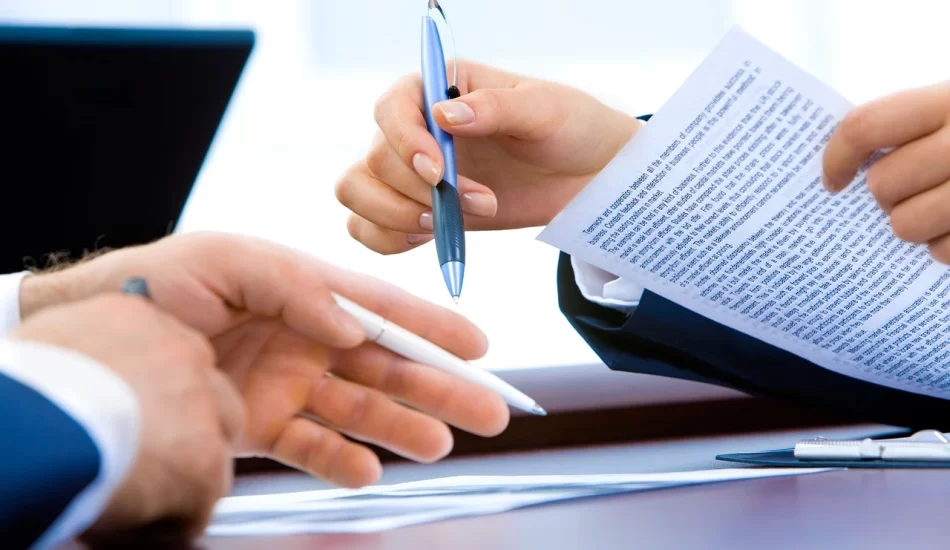How to Handle Insurance Adjusters After an Accident

Attorneys often cite cautionary tales of dishonest, greedy adjusters, out to scam claimants as much as legally possible. Contrary to this depiction, many adjusters do act in good faith, with honest, fair methods—yet just as many unfortunately do not, and it’s extremely difficult to tell which side of the spectrum your adjuster falls on. As such, you should always play it safe when handling insurance adjusters after a car accident in Nevada.
Know Whether You’d Like to Settle
Most auto accident cases are handled outside of court via a personal injury settlement, which is simply an agreement that affords you a certain sum of money in exchange for not pressing a lawsuit. Settlements can be extremely convenient, yet can also be risky and unfair at times:
- If your car accident is simple, relatively minor, and you’re sure that what’s being offered is absolutely satisfactory and fair, it’s usually fine to accept a settlement. Doing so can give you a quick, hassle-free way to get the compensation you’d like, especially if the damages are small enough that being slightly lowballed wouldn’t hurt you.
- Settlements are final, and adjusters will take full advantage of that. If you agree to an unfair settlement, you’ll generally be barred from seeking additional compensation. Don’t accept quick offers if you have anything more than superficial wounds, as you could experience complications or delayed-onset injuries down the line.
Settlements aren’t usually “take it or leave it” type deals; with the help of an attorney, it’s common to go through a series of offers and counteroffers before a final settlement is agreed upon.
Avoid Common Pitfalls
It’s surprisingly easy to compromise your compensation while dealing with adjusters after being involved in a Nevada car accident, so do your best to avoid some of the most common pitfalls people walk into:
- Document everything. When declining or minimizing a settlement offer, adjusters need only prove their reasoning to be “debatable.” Your damages are generally considered nonexistent until proven otherwise; as such, you’ll want extensive evidence of everything related to your accident and resulting damages.
- Don’t apologize or admit fault. Apologies can be interpreted as admissions of partial fault; admitting fault at all before you know the full story is both dishonest and antithetical to securing the compensation you justly deserve. Try to remain impartial, objective, and skeptical.
- Stick to the facts. Only talk about things you’re absolutely sure of. Don’t make assumptions or talk about something you “think” might be true; if you aren’t sure, you should say that you don’t know, to avoid compromising your testimony with faulty memories or assumptions.
- Keep conversations with adjusters to a minimum. You need to talk to your adjuster to open a claim, but don’t say too much, and don’t provide any formal statements. The more you say, the more they have to use against you, and the more likely you are to make a mistake.
- Be very careful with social media. Social media posts are often used to dispute claimants’ supposed injuries, suffering, and fault; as such, you should avoid posting about your accident altogether. Even private posts and messages can be discovered and used against you.
Talk to an Auto Accident Attorney
The best way to handle an insurance adjuster is ultimately to let a lawyer do it for you. Aaron Law Group’s Las Vegas car accident attorneys can recognize dishonest tactics and deceptive efforts early on, leveling the playing field in order to maximize your settlement. If you’ve been in a car accident in Nevada, call the personal injury attorneys at Aaron Law Group at (702) 550-1111 to schedule a free consultation and get started.